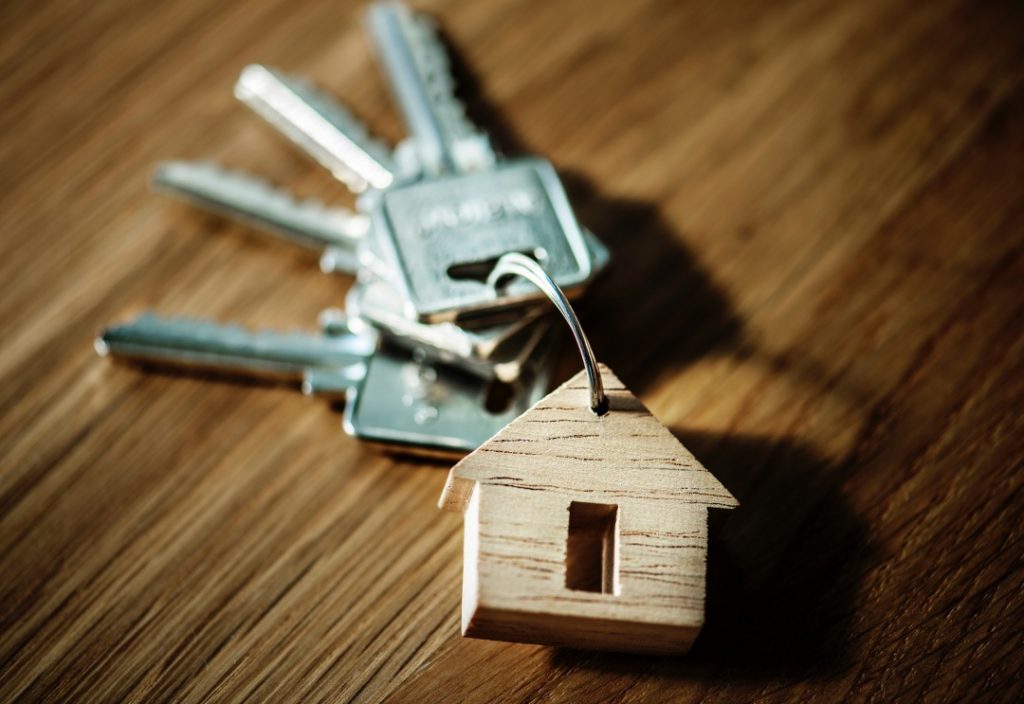Choosing the right mortgage is crucial to your financial well-being, not an afterthought based on a mutually beneficial business deal between your real estate agent and a mortgage broker. The details of your mortgage follow you for up to 30 years. Therefore, finding the best deal impacts your future net worth. Here are ten ways to make sure you find the right mortgage for your situation.
1. Clean up your credit report
Having an excellent credit score – 740 or higher – is the very best way to get the mortgage you want. Check your credit report before anyone else does. Afterwards, clean up any mistakes and correct areas that cause credit scores to drop. For example, having one credit card nearing its limit is far worse than having three cards with room to spare even if the amount owed does not change.
2. Commit to a large down payment
Of course, a down payment of 20 percent is a good start since putting 20 percent down removes the cost of private mortgage insurance (PMI). However, you can snag a terrific interest rate by putting down more than 20 percent. The more money you invest in your new home, the less risk you pose to the lender. Low-risk borrowers receive lower rates than high risk borrowers.
3. Compare estimates
Compare good faith estimates from several lenders, looking at the total cost of each deal. The interest rate may not tell the full story when points and penalties are included in the calculations.
4. Count the cost
Successful borrowers evaluate their debt-to-income ratios before deciding to purchase a home. These borrowers know that choosing any mortgage that exceeds a reasonable ratio may cause trouble later. An ideal debt-to-income ratio is lower than 28 percent. To calculate the cost of the mortgage, make sure to include the mortgage payment, taxes, insurance, and association fees.
5. Prepare before refinancing
If you want to refinance your mortgage, much of your success lies in your home’s appraised value. The more your home is worth, the more equity you have. Therefore, prepare your home as if you were going to sell. Make repairs and modernize before beginning the refinancing process.
6. Look into special programs
Some government programs can reduce the overall cost of your mortgage. Before you get started, find out if you qualify for first time home buyer programs, VA loans, FHA loans, or USDA loans.
7. Shop within a two-week window
Check out several lenders but keep your search shorter than 14 days. After 14 days, repeated credit checks can impact your overall credit score. Additionally, every 24 hours between estimates skews your results since mortgage rates change daily.
8. Reassess your earnings strategy
Even successful freelancers will find that securing a great mortgage rate is difficult. If you are a freelancer, you may benefit from finding traditional employment. Find and keep a day job for two years before shopping for your dream home.
9. Consider less expensive properties
If you find a less expensive home, you will be able to put more money down on the property, making you a low-risk borrower and earning you lower interest rates. If your dream home would be a financial stretch, purchasing a more moderate home can help you gather some equity. And equity will make a big difference the next time you are in the market for a new home.
10. Seek referrals
Not all mortgage brokers are ethical. Probably the best way to find a great mortgage is to find a recommended lender. Ask friends and family whom they trusted with their mortgage. When you call a broker, do not stick to the easy questions. Ask tough questions, such as how the broker gets paid and how much the broker will make on your loan.
Finding a great mortgage requires a clearly defined strategy. Some borrowers may need to postpone home buying until their credit score is excellent. Others may need to make their home attractive in order to obtain a great appraisal. Whatever, your situation, a great mortgage is in your future, if you use these proven strategies for finding the right one.

